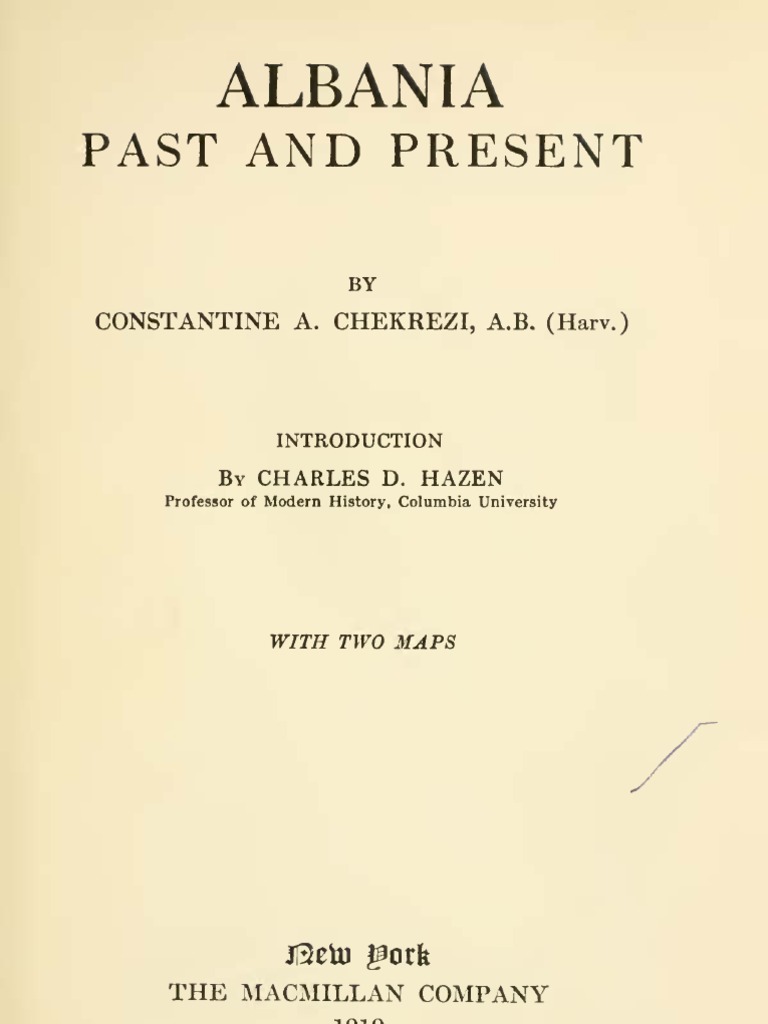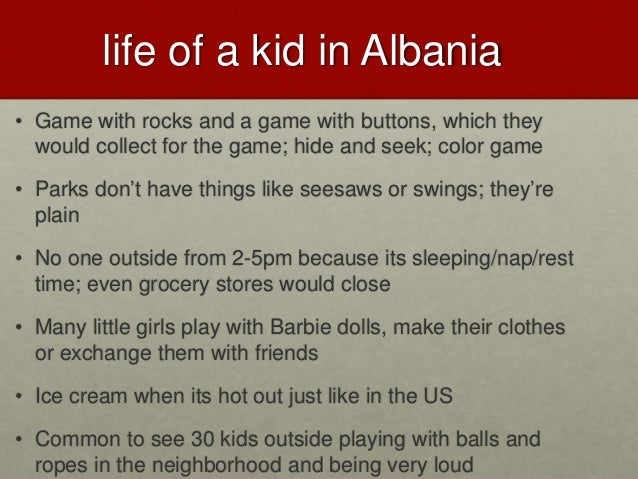Albania And His Friends Pdf Download 4,6/5 4881reviews

Albania And His Friends Pdf. Albania And His Friends Pdf File. Blood feuds still exist in Albania and those involved have to live a life in hiding. 5/22, Tirana, Albania Lawrence Marzouk. Jurgena Tahiri. This publication has been commissioned by the OSCE Presence in Albania as part. You can often see the people who have commented and liked his or her photos, a sure sign that they are Fa- cebook friends. They may also block people from.

Swami and Friends is the first of a trilogy of novels written by R. Narayan, a celebrated English language novelist from India. The novel, Narayan's first, is set in British India in a fictional town called Malgudi. Narayan (1906—2001) witnessed nearly a century of change in his native India and captured it in fiction of uncommon warmth and vibrancy. Swami and Friends introduces us to Narayan’s beloved fictional town of Malgudi, where ten-year-old Swaminathan’s excitement about his country’s initial stirrings for independence competes with his ardor for cricket and all other things British. Written during British rule, this novel brings colonial India into intimate focus through the narrative gifts of this master of literary realism.
A map depicting the locations of Albania and China The Sino-Albanian split refers to the gradual worsening of relations between and the in the period 1972–78. Both countries had supported each other in the and, together declaring the necessity of defending against what they regarded as within the international communist movement. By the early 1970s, however, Albanian disagreements with certain aspects of Chinese policy deepened as the along with the Chinese announcement of the ' produced strong apprehension in Albania's leadership under. Hoxha saw in these events an emerging Chinese alliance with American imperialism and abandonment of.
In 1978, China broke off its trade relations with Albania, signalling an end to the informal alliance which existed between the two states. The Albanian leader, pictured in 1971 In September 1956, headed a delegation of the Central Committee of the (PLA) at the Eighth Congress of the Communist Party of China.
Writing years later of his impressions of the country before the visit, he noted that 'we had followed with sympathy the just war of the fraternal Chinese people against the Japanese fascists and aggressors, Chiang Kai-shek reaction and the American interference. We knew also that at the head of the Communist Party of China was, about whom personally, as well as about the party which he led, we had no information other than what we heard from the Soviet comrades. Both during this period and after 1949 we had not had the opportunity to read any of the works or writings of Mao Zedong, who was said to be a philosopher and to have written a whole series of works. We welcomed the with heartfelt joy and we were among the first countries to recognize the new Chinese state and establish fraternal relations with it. Although greater possibilities and ways were now opened for more frequent and closer contacts and links between our two countries, these links remained at the level of friendly, cultural and commercial relations, the sending of some second-rank delegation, mutual support, according to the occasion, through public speeches and statements, the exchange of telegrams on the occasion of celebrations and anniversaries, and almost nothing more.'
Khrushchev's rehabilitation of and and his ' in February 1956 put the Soviet leadership at odds with its Albanian counterpart. Grain Surgery For Adobe Photoshop Cs5 Free Download. According to the Albanians, the 'Khrushchev group's approaches to the Yugoslav revisionists and its open denigration of Joseph Stalin were the first open distortions of an ideological and political character, which were opposed by the PLA.' After arriving in Beijing on September 13, Hoxha held his first (and only) meeting with Mao Zedong in between sessions of the party's congress. Mao's first two questions concerned Yugoslav-Albanian ties and the Albanians' opinion on Stalin.
Hoxha replied that Albania's relations with Yugoslavia were 'cold' and he gave Mao 'a brief outline, dwelling on some of the key moments of the anti-Albanian and anti-Marxist activity of the Yugoslav leadership.' On the subject of Stalin, Hoxha stated that the PLA considered him 'a leader of very great, all-round merits, a loyal disciple of Lenin and continuer of his work.'
Mao argued that the 1948 decision to expel Yugoslavia was incorrect, and also stressed what he considered to have been Stalin's mistakes in regard to China. Hoxha later recalled that 'our impressions from this meeting were not what we had expected. We were especially disappointed over the things we heard from the mouth of Mao about the Information Bureau, Stalin and the Yugoslav question. However, we were even more surprised and worried by the proceedings of the 8th Congress.
The whole platform of this Congress was based on the theses of the, indeed, in certain directions, the theses of Khrushchev had been carried further forward. •, pp. 240–241. •, pp. 180–181;, p. 143.
•, pp. 152–153. •, pp. 249–251. •, pp. 254–255. •, pp. 340–346;, p. 85. •, pp. 27, 29. •, pp. 267–272.
•, pp. 99–100. •, pp. 45–46.
•, pp. 67–68. •, pp. 45–46. • ^, pp. 29–30. •, pp. 297–298. •, pp. 252–253. •, pp. 94–113.
•, pp. 145–147. •, p. 63;, pp. 287–292. •, pp. 37–38. •, p. 70;, pp. 576–577.
•, pp. 665–682;, pp. 92–93. •, pp. 593–598. •, p. 698;, p. 245.
•, p. 41;, p. 72;, p. 99. •, pp. 73–74;, pp. 100–104. •, pp. 108–109. •, pp. 109–110. •, pp. 166–167. •, pp. 122–123. •, p. 123;, pp. 251–252.
•, pp. 334–339. •, pp. 367–387. •, pp. 125-126;, p. 76. •, pp. 696–697. •, p. 126–128;, p. 253;, p. 254. •, pp. 14–15, 20–23.
•, pp. 544–545. •, pp. 129–130, 132. •, pp. 134–135. •, p. 137;, p. 7. •, pp. 55–56. •, pp. 760–798. •, pp. 241–242.
•, pp. 641–642. •, pp. 253–255. •, pp. 256–257. •, pp. 617–618, 697–698. •, pp. 297, 339, 342.

